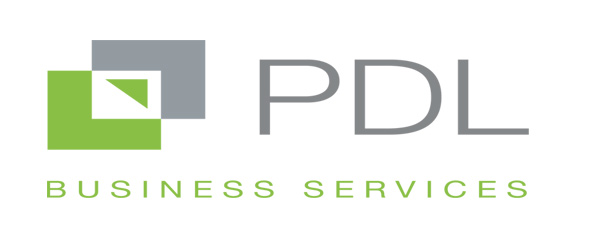
At PDL Business Services we can help you take care of everything you need to start and operate your business with ultimate efficiency.
We will register your company, get all of the required licenses and permits, provide insurance and prepare taxes.
Entity Formation
When beginning a business, you must decide what form of business entity to establish. Your form of business determines which income tax return form you have to file. The most common forms of business are the Sole Proprietorship, Partnership, Limited Liability Company (LLC), Corporation and "S" Corporation. Legal and tax considerations enter into selecting a business structure.
- Sole Proprietorship
-
A sole proprietorship is the form of business entity with the least amount of legal formalities. In a proprietorship, the owner assumes sole responsibility for the operations and finances of the business, including profit and loss. In the proprietorship form of business entity, the owner’s personal property is tied directly to the business; therefore, the owner assumes unlimited risk of his personal assets.
- Partnerships
-
A partnership is the relationship existing between two or more persons who join to carry on a trade or business. Each person contributes money, property, labor or skill, and expects to share in the profits and losses of the business. A partnership must file an annual information return to report the income, deductions, gains, losses, etc., from its operations, but it does not pay income tax. Instead, it "passes through" any profits or losses to its partners. Each partner includes his or her share of the partnership's income or loss on his or her tax return. Partners are not employees and should not be issued a Form W-2. The partnership must furnish copies of Pricing K-1 (Form 1065) to the partners by the date Form 1065 is required to be filed, including extensions.
- Limited Liability Company
-
A Limited Liability Company (LLC) is a combination of the corporate and partnership forms of business. In an LLC parties control shares of the company and like corporations, their liability for the operations of the company is determined by their level of investment. However, like partnerships, income tax is not paid at the LLC level, but rather it is "passed through" and taxed at the shareholder level. This somewhat complicated form of business entity should be discussed further with an attorney or accountant to determine if it will fit your needs.
- "C" Corporation
-
Corporations are a separate entity from its owners. Corporations provide the shareholders with the most protection from liability and responsibility from debts and contracts. Profits for a corporation are taxed at the corporate level when the income is earned and is also taxed at the individual shareholder level when they receive the distributions as dividends.
- "S" Corporation
-
An "S" Corporation is similar to a corporation in that it provides its shareholders with protection from liability. However, unlike a corporation, an "S" corporation is exempt from federal income tax. Instead the taxes are paid solely by the individual shareholders.
Corporate Tax Filing
All business entities such as Sole proprietors, Partnerships, Corporations and Limited Liability Companies are required to pay the following taxes.
- Federal & State Taxes
-
A business entity should pay these taxes in the form of Estimated Tax Liability in the year in which the income earned. After the tax year is over, the business should file the annual tax returns as follows.
- Sole Proprietorship - File Form 1040 along with Pricing C
- Partnership - File Form 1065 and issue Pricing K-1 to partners
- C Corporation - File Form 1120
- S Corporation - File Form 1120S and issue Pricing K-1 for each shareholder
- Employment Taxes
-
A business entity with employees are required to pay employment taxes such as withholding and pay federal & state taxes on the employees pay, paying and reporting FICA taxes ( Social Security tax & Medicare Taxes) and Unemployment Taxes.
Also, a business should file quartely Federal tax returns – Form 941 and annual FUTA tax return – Form 940 apart from the annual Federal and State tax returns.
